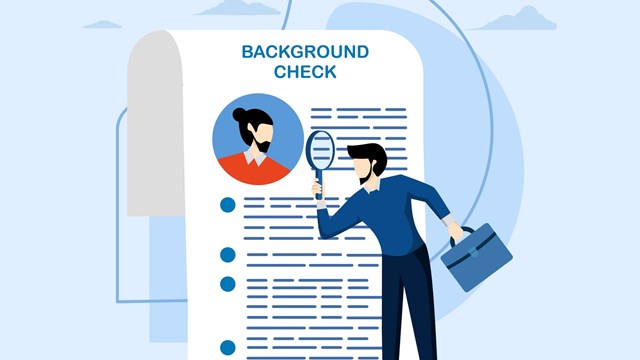My question: Is this legal? Can the sponsor also be the managing agent? Also, the board is made up of six (6) members, three (3) from the sponsor and three (3) minority shareholders. But because they have so many votes they always seem to get to pick a minority shareholder, who votes for them making every vote in their favor. Is this board makeup legal?
—Stacking the Deck in Queens
“It is legal for a sponsor to condition a sale on the purchaser's agreeing to vote as requested by the sponsor. It is also legal for a co-op's managing agent to be affiliated with the sponsor, and it is also not uncommon during a limited period after the conversion closing—typically three years. Beyond such a limited period, such a link is increasingly uncommon, but is still legal if disclosed in the conversion offering plan. The shareholders should examine the plan carefully to see what, if anything, was disclosed on the topic; if inadequate disclosure was made, the shareholders can file a complaint with the Attorney General's office, which often has the effect of convincing a sponsor to relinquish management.
“Finally, a sponsor's ability to elect members of the board is governed by the co-op's bylaws, and by disclosure made in the offering plan, which should be reviewed carefully. If the bylaws do not prohibit it, and if the offering plan adequately disclosed it, a sponsor might legally be entitled to cast its votes as between two or more non-sponsor shareholders for a final board seat. However, as above, if the bylaws prohibit the practice, or if inadequate disclosure was made, the shareholders can file a complaint with the Attorney General's office, which often has the effect of convincing a sponsor to stop casting its votes for board seats to which it is not entitled."







Comments
Leave a Comment